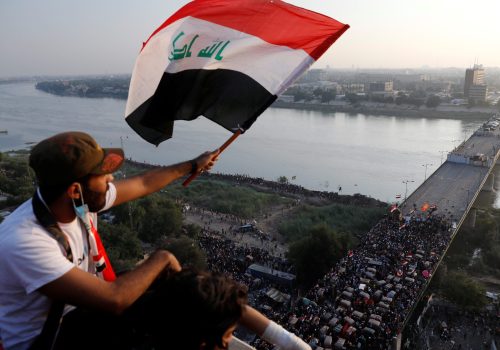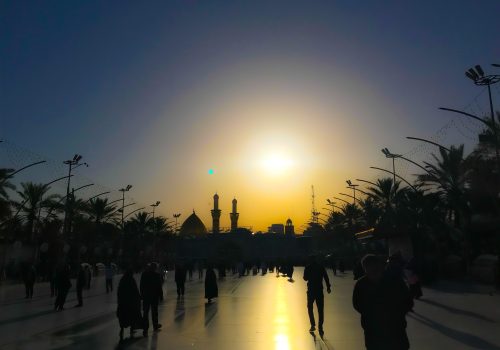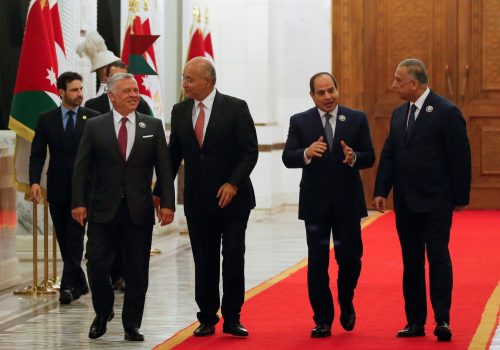KRI positioned in prominent role in global gas markets
The Kurdistan Region of Iraq (KRI) has proven gas reserves of over 25 trillion cubic feet—or 20 percent of Iraq’s total proven reserves. Its current gas production of 5.4 billion cubic meters per year could nearly triple production by 2030 and even sextuple by 2040. This increase would meet current and future domestic KRI demand and generate essential export revenue for the region. The report, The Kurdistan Region of Iraq’s Gas-Export Potential: Deja Vu All Over Again, authored by senior fellow Ahmed Tabaqchali considers the potential of the KRI’s proven and probable gas reserves.
This potential production increase, however, remains highly dependent on the dynamics and economics of production that, thus far, have yet to go beyond the aspirational stage. The changing world order following the Ukraine invasion, and the medium-term outlook for sustained high gas prices, have fundamentally altered these dynamics and economics, by adding strategic and security dimensions. The report also explores several significant hurdles that need to be overcome, including the impact of the Federal Supreme Court (FSC) ruling on the unconstitutionality of oil and gas law adopted by the Kurdistan Regional Government (KRG); the dynamics of the development of Miran and Bina Bawi, which have a peak production potential of 12.1 billion cubic meters per year (33 percent of total peak production); and the possible role of Russian company Rosneft in the planning and development of the expansion and extension of the KRI’s gas pipeline network.
The confluence of Europe’s need to find alternatives to Russian gas and the FSC’s ruling present an opportunity to resolve the core issue in the conflict over the development of oil and gas resources in the region. The path to such a resolution requires an acceptance and understanding, so far lacking, among Iraq’s political class, international partners, and stakeholders of the conundrums that have prevented the resolution of these issues. The solution will not be easy, as Iraq’s recent history is littered with agreements and understandings that sacrificed clarity and sustainability for short-term political compromises, argues Tabaqchali in the report.
*Note: Typo on footnote 4 – 2007 not 2017*
Related content

Through our Rafik Hariri Center for the Middle East and Scowcroft Middle East Security Initiative, the Atlantic Council works with allies and partners in Europe and the wider Middle East to protect US interests, build peace and security, and unlock the human potential of the region.
Image: default


